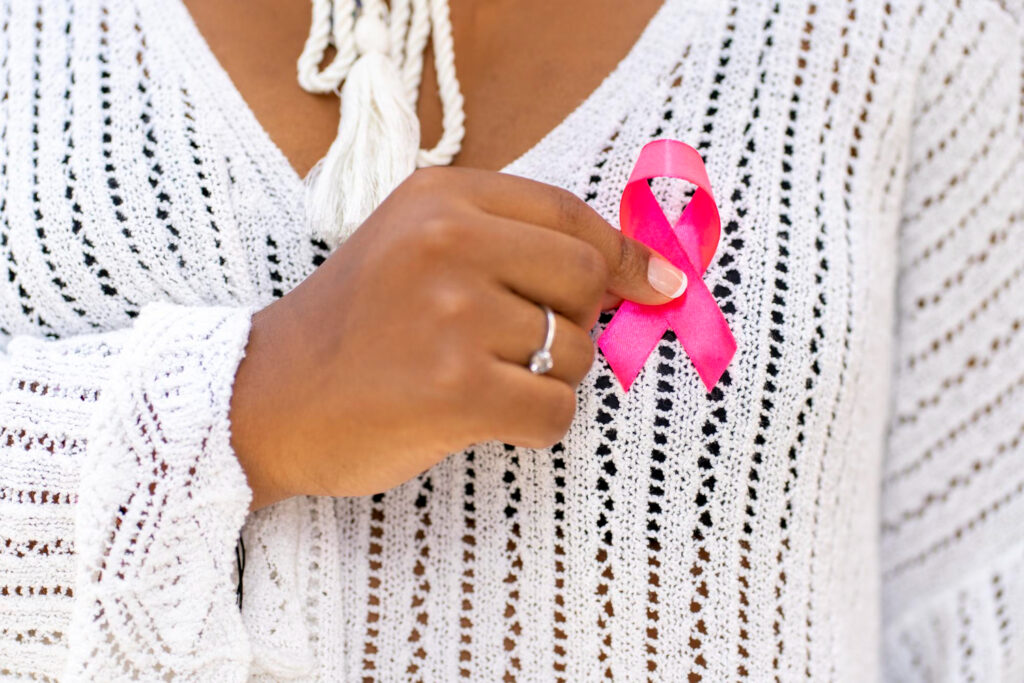New study says age 42 is best age to start breast cancer screening
Black women younger than 50 are almost twice as probable to die from breast cancer as their White peers, despite having a 4% lower incidence of the disease. The U.S. Preventive Services Task Force (USPSTF) recommends that women begin getting mammograms at age 50. The American Cancer Society recommends women start annual screening at 45 years old but may start at age 40. The American College of Obstetricians and Gynecologists recommends screening starting at age 40 and no later than age 50.
According to an extensive new study, screening Black women for breast cancer beginning from the age of 42 can help reduce racial differences in deaths related to breast cancer. Policies for screening already recommend basing a woman’s time to start screening based on the risk of developing cancer. Race and ethnicity, however, have not been traditional factors that influence these decisions.
The study analyzed data from more than 415,000 breast cancer deaths in U.S. female patients between 2011 and 2020. It found that 27 of every 100,000 Black women in their 40s die of breast cancer each year. That’s more than the 15 deaths per 100,000 among all U.S. females. For women in their 50s, the average risk of dying from breast cancer over 10 years is 0.329%, according to the study. But each racial/ethnic group reaches that risk point at a different age.
The researchers suggested that Black women should begin at 42 years old; White women at 51; American Indian and Alaska Native and Hispanic women at 57; and Asian and Pacific Islander women at 61. They claim that the current one-size-fits-all approach to screening the entire female population from a certain age may be neither fair and unbiased nor optimal.
They went further to refrain from making clinical recommendations. But the study could help inform providers and policymakers to create screening guidelines based on equity not just equality.
The new study didn’t check whether any of the subjects received a mammogram when they were 40 to 49 years old, nor what kind of breast cancer they had. Researchers must run clinical studies to analyze how screening ages affect cancer mortality. What the study does confirm is that the age of breast cancer mortality is younger for Black women. But it doesn’t confirm why and if screening is the main reason.
In summary, early detection can help clinicians treat cancer before it becomes life-threatening.

